As difficult as the Covid-19 pandemic has been for the world, our collective hopes have also been continually lifted over the past 18 months by the myriad stories of people finding creative solutions to make a difference during this time of crisis, and to help those most in need.
One such example is the extraordinary story of DeliverAid in the UK, which, with the help of donations, has been able to support struggling restaurants and food businesses by ordering nutritious meals that are then delivered directly to frontline workers in the NHS (National Health Service).
We spoke to London-based A&E (Accident & Emergency) doctor Jack Manley, the founder of DeliverAid, as well as William Akman, a fellow member with Jack in DeliverAid’s HQ team who works as a corporate lawyer at international law firm Weil, Gotshal & Manges, and also brings first-hand knowledge of the hospitality industry in addition to his experience as a frequent advisor to charities.
As an A&E doctor, what first inspired you to start DeliverAid? After all, it’s one thing to have an idea and to recognise a need, but another thing entirely to get such a project off the ground.
Jack: Right at the start of the pandemic, I was bowled over by the public’s generosity towards healthcare staff and the NHS. I remember vividly an elderly lady bringing cans of food to the A&E department because she was concerned that the hoarding had prevented staff from being able to buy the necessary food. At the same time, I was living above a lovely family-run restaurant who sadly had to switch off their lights due to the lockdown. As I came home from work one evening, I had a lightbulb moment: what if there was a way to harness the public’s generosity and redirect it toward struggling industries? Several phone calls to the soon-to-be team solidified the idea, and DeliverAid was born.
View this post on Instagram
DeliverAid seems to represent a perfect virtuous circle, with independent restaurants (and their suppliers) benefiting from the extra work and orders during the pandemic, and then frontline NHS staff also being supported in a time of need. Has this perfect loop helped people connect with the idea of DeliverAid more quickly?
Jack and William: Definitely! This was one of the driving forces behind why we conceived the project. We wanted to create a system that had multiple beneficiaries: the chefs who had been furloughed and wanted to put their skills to good use, the suppliers with idle stock, front-of-house teams with their expert coordination skills, and of course, the end recipient of our meals – healthcare workers initially, but now children experiencing food poverty. This helped broaden our support base, which ultimately helped us fundraise to continue our work. Every donation supported several worthy causes, which we think was instrumental in allowing us to grow so quickly.
When DeliverAid began, did you have any sense of how quickly it would grow?
Jack and William: We were confident in our purpose but weren’t sure how well it would be received, as logistics required quite a few moving pieces. When we kicked off the project, we were working with a few restaurants and healthcare institutions, but the number increased exponentially within weeks of us becoming operational. What was particularly remarkable was the scale of support from the hospitality sector. Things were incredibly unpredictable at the time, so we were shocked and humbled by the number of restaurants that wanted to sign up. Before we knew it, we had an army of volunteers from all over London offering their services to get the meals from A to B, and our meal capacity went from 50 meals per day to over 1,500.
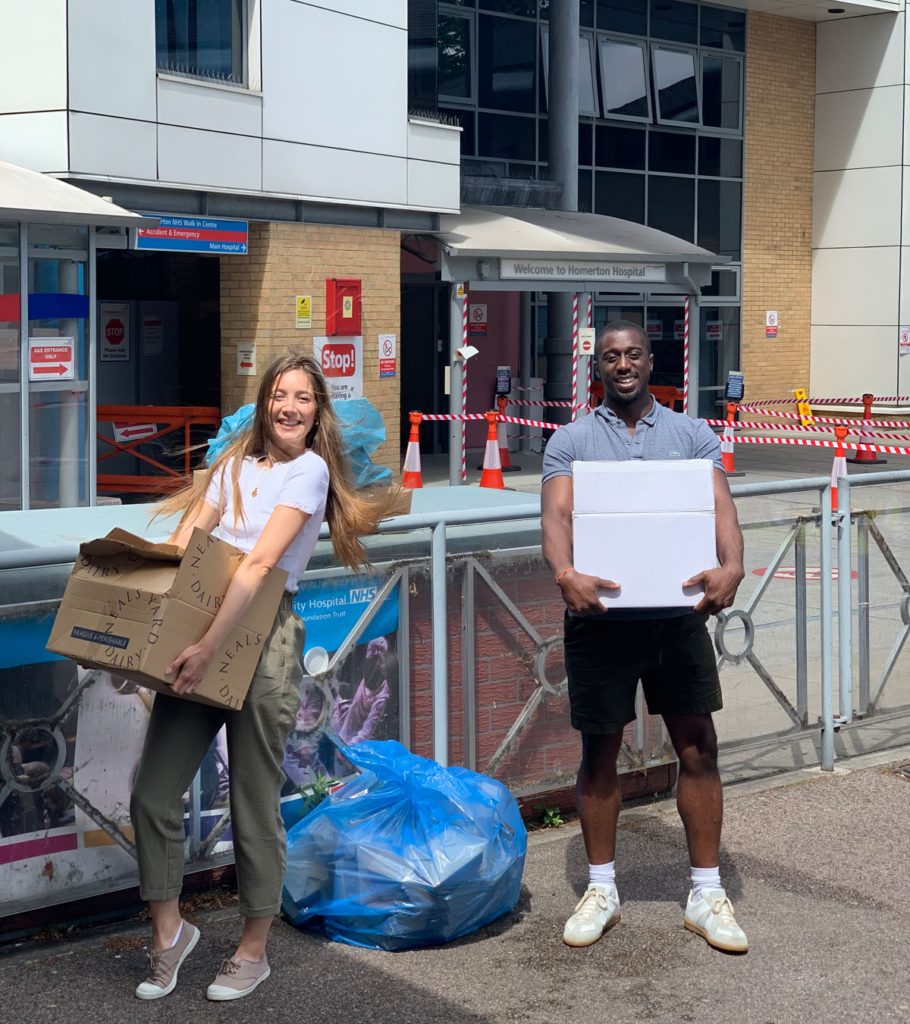
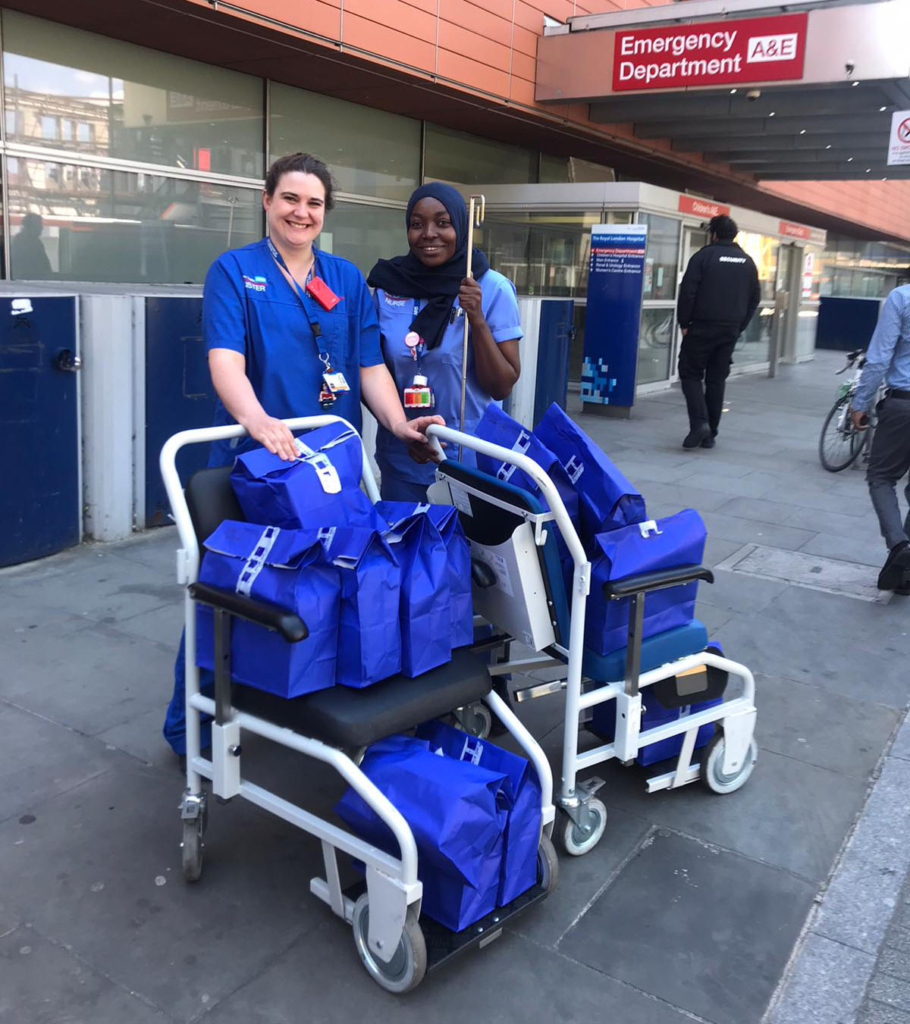
What have been the biggest logistical challenges you have faced during this process?
Jack and William: Organising a reliable delivery service is one of the biggest challenges we face on a daily basis. During the first lockdown, DeliverAid was propped up by an army of volunteers, buoyed by furlough and the easement of the congestion charge (a fee charged to drivers of motor vehicles within central London). Naturally these numbers have waned, and we now rely on external delivery services.
Whilst our objective is simple, our overall logistics can unfortunately get quite complicated. Coordinating the procurement, preparation, collection, delivery and distribution of thousands of hot meals a day (largely remotely!) has definitely been our biggest challenge. We are desperate to find a long-term partner to help with this part of the DeliverAid model!
A question for William: You have experience advising various charities, but what made DeliverAid such a unique challenge for you?
William: Over the last few years I’ve had the opportunity to work extensively with several charities and non-profit organisations through my day job as a lawyer. Every organisation is different, so I’m relatively well-versed in finding bespoke solutions to whatever problem I’m faced with. However, in the case of DeliverAid, rather than executing instructions on behalf of a client, I was driving strategy initiatives on behalf of our board, which required a different perspective altogether.
How much impact has DeliverAid been able to make? Do you have an update on just how many meals have been delivered since launch?
Jack and William: Since our launch at the height of the pandemic last year, we’ve delivered over 30,000 meals to 30+ hospitals and about 20 care homes and homeless projects.
More recently, we’ve pivoted to providing meals for children facing food hunger, and are now producing hundreds of meals weekly for 12 grassroots charities focused in and around London. Our aim is to hit 50,000 meals before the summer holidays, where we’ll focus on an eight-week ‘Holiday Hunger’ campaign with some of London’s best-known restaurants!
View this post on Instagram
View this post on Instagram
Are there any personal stories or anecdotes during this time that stand out for you both during your time working on DeliverAid?
Jack: It’s hard to narrow it down to one specific story, as there were so many moments that touched us and made us want to do even more to help. I have particularly fond memories of our first delivery, where we did the delivery ourselves. The team donned their PPE and hand-delivered the meals to various staff rooms where exhausted nurses, porters and doctors were piling in to take a moment’s break.
The team got a glance of the madness and were able to say ‘thank you’ to the frontline heroes.
William: Mine has to be our final delivery, when our entire team packed into Jack’s car to deliver 200 meals to our final hospital at the end of a heroic 13-week stretch during the peak of the pandemic. We then celebrated with a private meal with Jeremy Lee of Quo Vadis, which was a particularly special end to DeliverAid V1!
The past 18 months have been an extraordinary time for the world. How much has the work on DeliverAid helped you and your team personally to stay strong and focused with an additional sense of mission?
Jack and William: We’ve all found being involved in community work to be incredibly enriching. Focusing on something other than our day jobs for people outside our immediate circles helps give perspective. This helped us persevere at a time when things were incredibly unpredictable, and definitely added to our sense of mission.
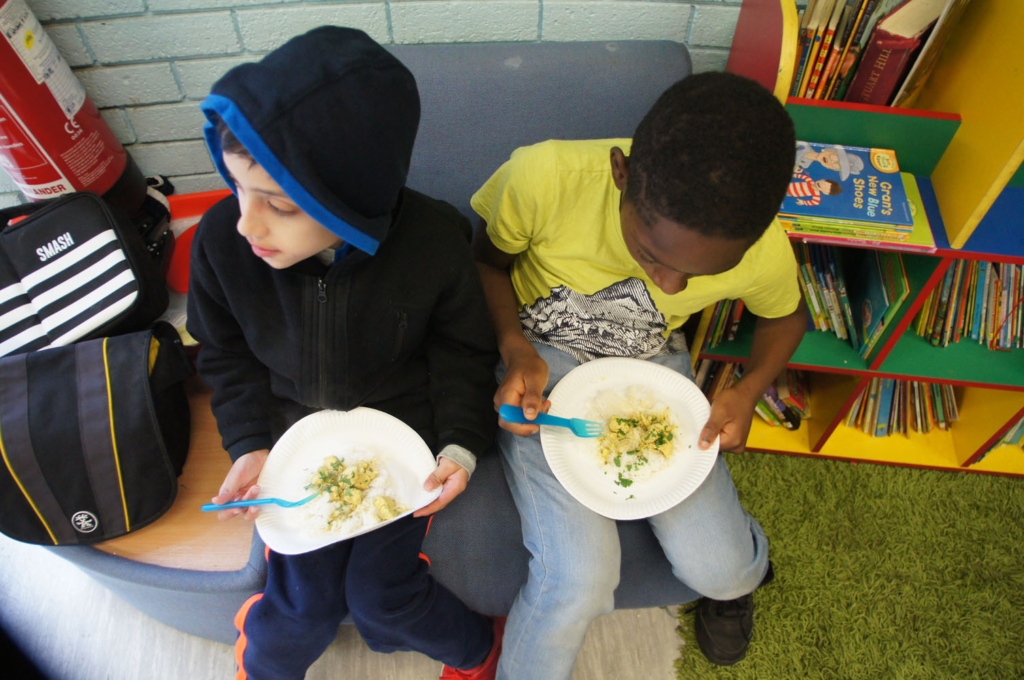
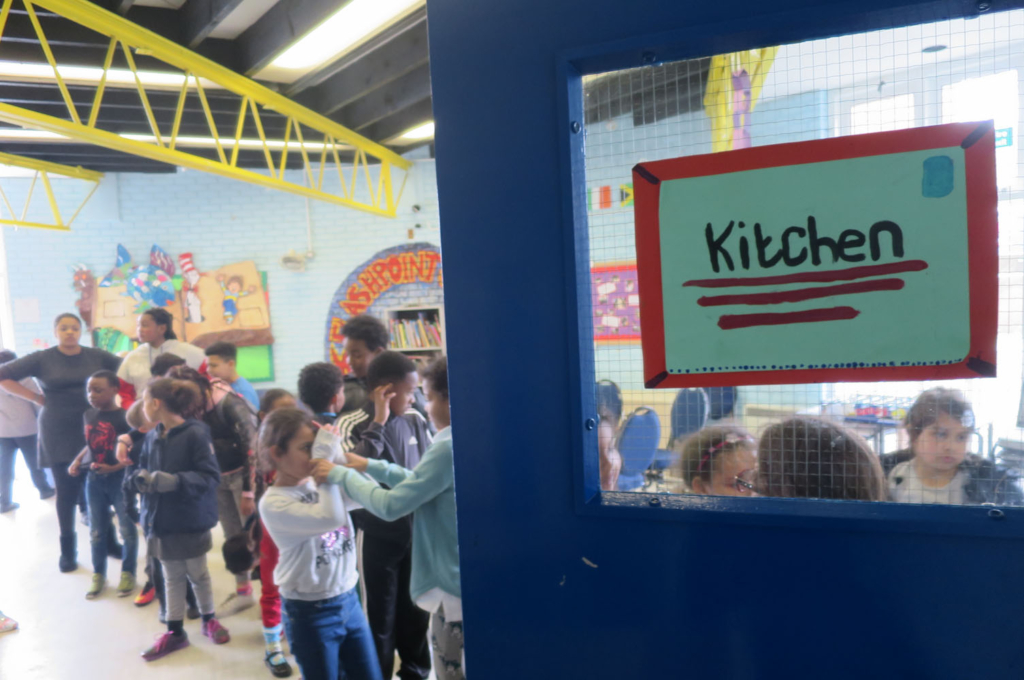
It’s obviously too early to talk of a post-Covid period, but it’s clear that progress is now being made in terms of vaccinations and other key metrics. How do you see DeliverAid continuing in the future? Do you see this as a campaign purely for this historical moment in time, or can you imagine the DeliverAid concept being continued into the future to support other vulnerable groups in society?
Jack and William: It was clear last summer that DeliverAid needed to adapt to support arguably more vulnerable groups. As such, the team decided to pivot DeliverAid’s focus towards supporting families facing food poverty exacerbated by the pandemic. We now focus our efforts on providing meals to brilliant, community-entrenched organisations like Made in Hackney, Children with Voices and Edible London. Recently, we have been collaborating with the Childhood Trust and their associated organisations through the ‘Meals That Matter’ programme.
One project that we’ve been working closely with is the ‘Ambition, Aspire, Achieve’ organisation based in Newham. This local charity aims to help disadvantaged children to reach their potential by organising projects and activities in one the most deprived areas in England. We feel our shift in focus has strengthened our relationships with restaurants and food providers, and we hope we can harness that support to scale up and meet our future objectives.
View this post on Instagram
View this post on Instagram
Do you have a message to all your partners and donors?
Jack and William: A huge thank you to each of our sponsors (including Amex!), our donors, volunteers, restaurants, chefs and charity partners. This wouldn’t have been possible without their unwavering support, and we’re incredibly grateful for their support in making the DeliverAid project a success.
How can readers get involved if they would like to help or to donate?
Jack and William: We still run off the generosity of the public, therefore any donations are most welcome. DeliverAid is entirely voluntary, so 100% of the proceeds go directly towards charitable meals, making a huge difference to the lives of some of our most vulnerable.
Please visit deliveraid.co.uk if you would like to donate and directly help those most in need.

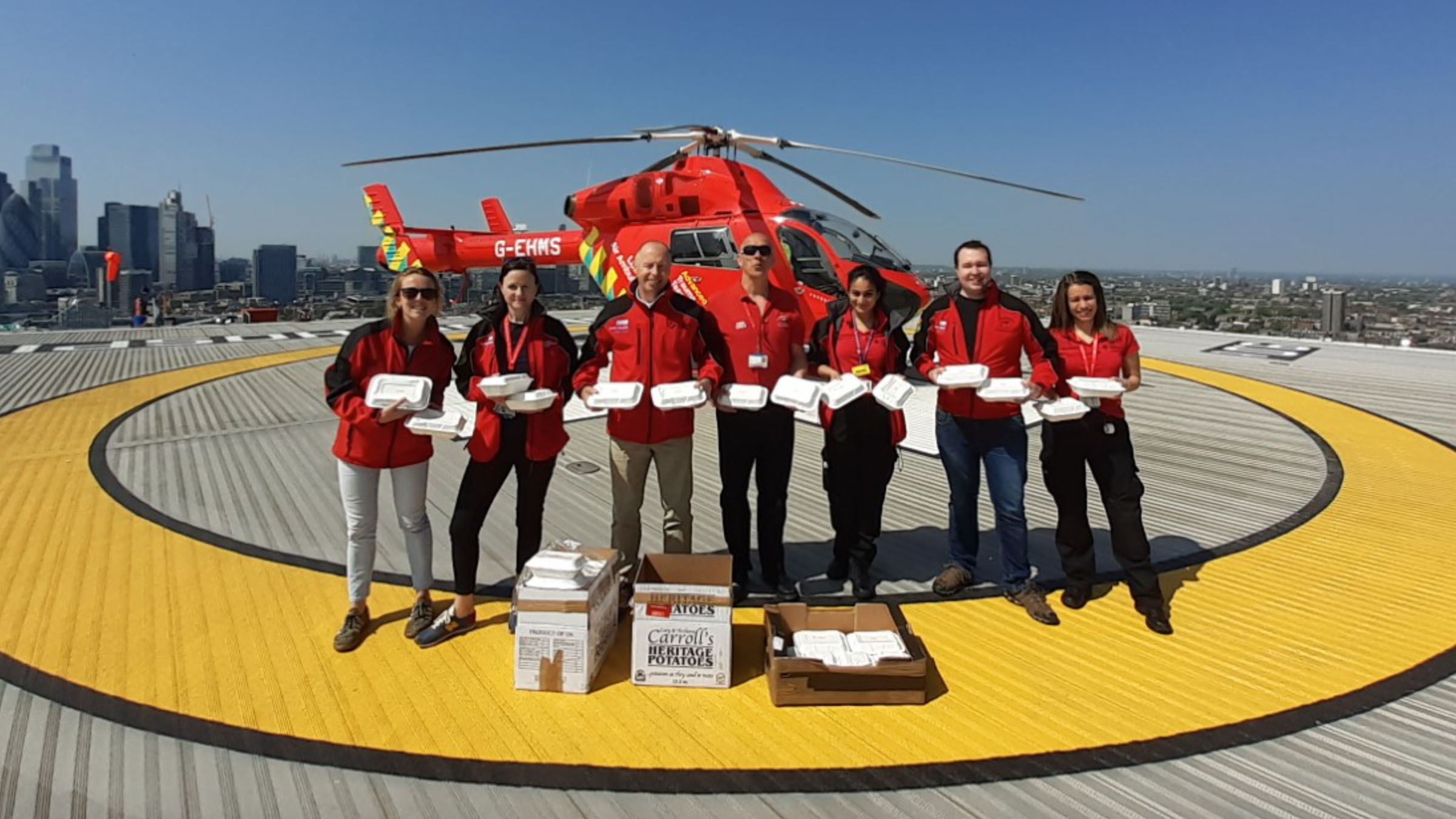



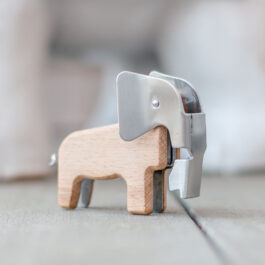







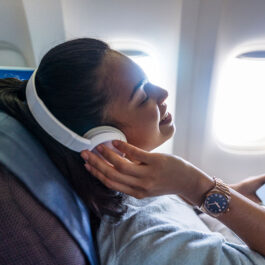
Sorry, the comment form is closed at this time.